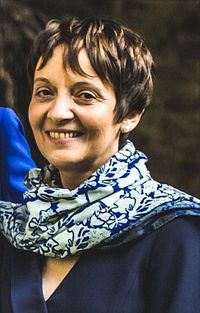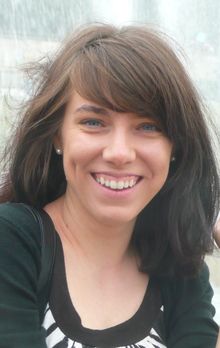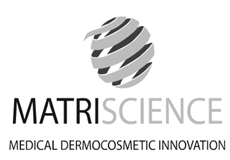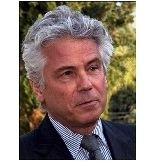The team
Matriscience is an innovative start-up (« jeune entreprise innovante ») which was created in 2007. Its central focus is to search for innovative concepts in the fields of dermatology and medical dermo-cosmetics (R&D tax credit approved). Its research team works within the business incubator Paris Biotech Santé at the Cochin Hospital in Paris, France.
Jean-Alexis Grimaud,
Research Director,
President of Matriscience
Research Director,
President of Matriscience
Professor Jean-Alexis Grimaud (Université Paris VI) is an M.D., an anatomic pathologist and the former director of the CNRS URA 1459 research unit at the Institut Pasteur.
From 1977 to 1996, his research focused on the exploration of tissue fibrosis, particularly hepatic fibrosis. Starting from 1985, the discovery of the anti-fibrotic effect of gamma interferon in hepatitis C was followed by the introduction of the notion of matrix receptors to cytokines (Patent ASCIII dipalmitoyl hydroxyproline, Merck KGaA Darmstadt license) (Neurodermine Patent Matriscience License). Professor Grimaud is the author and co-author of 214 PubMed-indexed scientific publications, including the article entitled “Medical Dermocosmetology: How to invest in reliable claims” which illustrates the orientation he has taken since 2010 as the Research Director of Matriscience (Eur J Dermatol. 2010 Jul-Aug; 20(4):423).
Detailed resume
From 1977 to 1996, his research focused on the exploration of tissue fibrosis, particularly hepatic fibrosis. Starting from 1985, the discovery of the anti-fibrotic effect of gamma interferon in hepatitis C was followed by the introduction of the notion of matrix receptors to cytokines (Patent ASCIII dipalmitoyl hydroxyproline, Merck KGaA Darmstadt license) (Neurodermine Patent Matriscience License). Professor Grimaud is the author and co-author of 214 PubMed-indexed scientific publications, including the article entitled “Medical Dermocosmetology: How to invest in reliable claims” which illustrates the orientation he has taken since 2010 as the Research Director of Matriscience (Eur J Dermatol. 2010 Jul-Aug; 20(4):423).
Béatrice Muscatelli-Groux, Project Manager

Béatrice Muscatelli-Groux, PhD, is the co-author of about twenty publications as well as forty talks. Her career in research lies at the intersection of biology and medicine.
Following her PhD on growth factors, Béatrice joined the Centre de recherche chirurgicale (Center for Surgical Studies) at the Henri Mondor hospital. While there, she spearheaded a clinical-biological research platform in urology in the INSERM-EMI 99-09 research unit. She also joined the CNRS UPRES-A 7054 research unit as the Project Manager for a model of cell and gene therapy to treat aortic aneurysms.
She then studied cytoskeleton remodeling in the ischemia-reperfusion of the human liver at McGill University.
When she returned to France, she supervised a study on myeloma at the Institut des Vaisseaux et du Sang (Vessels and Blood Institute).
She joined Matriscience in 2010 to set up the video-microscopy cell culture platform.
Following her PhD on growth factors, Béatrice joined the Centre de recherche chirurgicale (Center for Surgical Studies) at the Henri Mondor hospital. While there, she spearheaded a clinical-biological research platform in urology in the INSERM-EMI 99-09 research unit. She also joined the CNRS UPRES-A 7054 research unit as the Project Manager for a model of cell and gene therapy to treat aortic aneurysms.
She then studied cytoskeleton remodeling in the ischemia-reperfusion of the human liver at McGill University.
When she returned to France, she supervised a study on myeloma at the Institut des Vaisseaux et du Sang (Vessels and Blood Institute).
She joined Matriscience in 2010 to set up the video-microscopy cell culture platform.
Joanna Pawlak, Research Engineer

Joanna Pawlak is an engineer with a Master’s Degree in biology from the Jagiellonian University in Cracow. She joined Matriscience after doing an internship as part of her Erasmus exchange. She has previously worked on the effects of photosensitization and UVA on skin cells (CNRS, Center for Molecular Biophysics).



